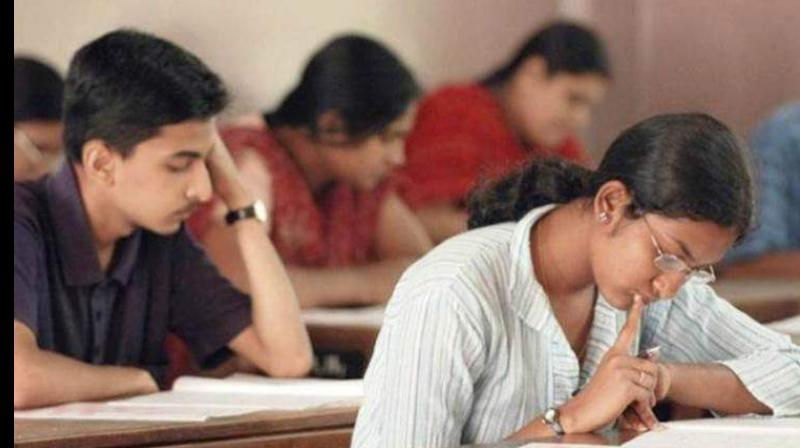Why Coaching Alone Isn’t Enough: A Critical Analysis of the JEE & NEET Factory Learning
- studyversehq
- May 15
- 3 min read

In India, the dream of becoming a doctor or an engineer is deeply rooted in societal expectations and family aspirations. For generations, these two professions have symbolized success, stability, and respect. As a result, millions of students across the country prepare for the Joint Entrance Examination (JEE) for engineering or National Eligibility cum Entrance Test (NEET) for medicine every year. These entrance exams are considered some of the toughest in the country—not just because of the academic rigor involved but also due to the young age of the candidates, typically between 16 to 18 years, who are tested on in-depth subject knowledge, mental resilience, time management, and consistent dedication over two to three years of intense preparation.
The competition is staggering. For NEET UG, over 20 lakh students register annually, competing for roughly 1 lakh medical seats. In JEE Main, around 10–12 lakh aspirants fight for a chance to secure a seat in prestigious IITs and NITs, with only the top 2-3% making it to JEE Advanced. These numbers clearly reflect how steep the pyramid is and how narrow the path becomes as one climbs closer to the top.
Given this level of competition, students and parents turn to coaching institutes for structured guidance and expert mentorship. However, despite enrolling in reputed coaching centers, a large number of students fail to achieve their goals. Why does this happen?
Let’s take a closer look at what often goes wrong.
The Downward Spiral After a Promising Start
At the beginning of the session, most students are full of enthusiasm and determination. They attend classes attentively, follow the instructions of their teachers, revise lessons regularly, solve homework diligently, and focus on mastering their subjects. For the first few months, everything seems on track.
But slowly, the shift begins.
Students begin to bond with classmates, which is natural and even healthy, but the nature of these interactions often diverts focus. Instead of discussing academic problems or exchanging study tips, conversations veer toward entertainment, social media trends, and personal matters. The rise of smartphones and unrestricted internet access makes it easy for distractions to creep in—Instagram reels, gaming, YouTube binge-watching, or endless scrolling consume hours meant for revision or rest.
In hostel environments, late-night conversations become the norm. Students begin to sleep late, wake up tired, skip morning classes, or attend them without proper attention. Without realizing it, their routine begins to collapse. The consistency that once defined their study pattern erodes gradually. Deadlines are missed, syllabus backlog grows, and motivation dips. With time, frustration sets in, and confidence takes a hit.
Many students hesitate to reach out for help, and often, parents and teachers remain unaware of the underlying issues. What appears from the outside as “lack of hard work” is often a result of mental fatigue, peer influence, and emotional stress.
The Missing Link: A Dedicated Mentor
The root of this issue lies in the lack of personal mentorship. In large coaching institutes, the system is often generalized—students are treated as a batch, not as individuals with unique challenges and needs. A student may be lost in the crowd, unnoticed until it’s too late.
This is where a dedicated mentor plays a crucial role.
A mentor acts not only as an academic guide but also as a motivator, a counselor, and a tracker of progress. Regular one-on-one check-ins, emotional support during low phases, help in organizing study schedules, and monitoring distractions—these are interventions that can make a significant difference. A mentor can spot early signs of derailing, bring the student back on track, and keep their focus aligned with the goal.
Conclusion
Clearing NEET or JEE is not just about intelligence or hard work; it’s about consistency, discipline, and emotional balance over a prolonged period. Coaching institutes provide the content, the tools, and the practice, but without personalized mentorship, many students fail to harness their full potential.
For students and parents, the key takeaway is this: Coaching is a support system, not a guarantee. Real success requires not only the right resources but also the right mindset, environment, and continuous mentoring. It’s time to look beyond mass teaching models and invest in personalized student development to truly unlock success in these highly competitive exams.



Comments